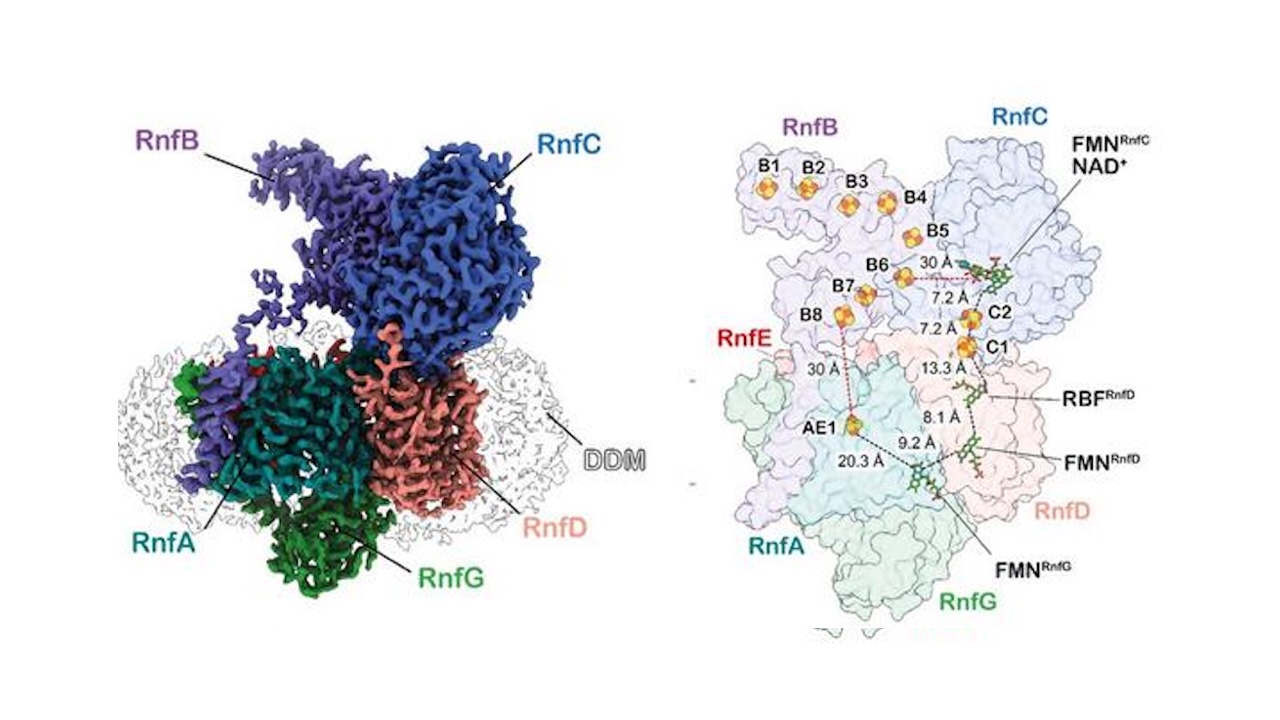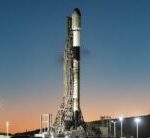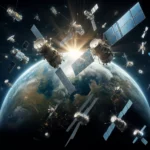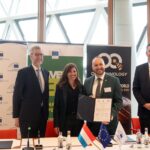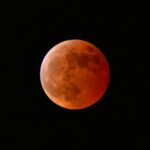Now Reading: Sequencing The Inspiration 4 Crew’s Genomic Responses To Spaceflight
-
01
Sequencing The Inspiration 4 Crew’s Genomic Responses To Spaceflight
Sequencing The Inspiration 4 Crew’s Genomic Responses To Spaceflight
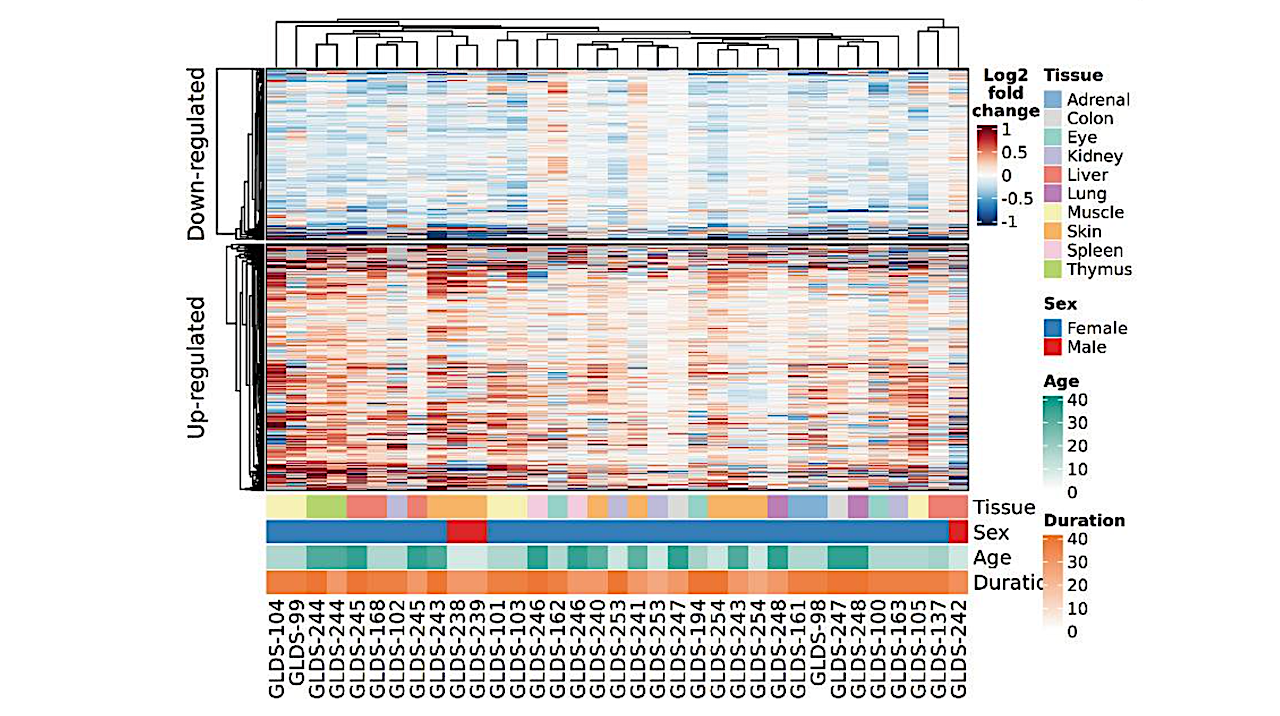

Log2 fold change heatmap of the “spaceflight signatures in mice” in 27 datasets with 10 different mouse tissues. Age (Day). Duration (Day). 1,288 up-regulated and 896 down-regulated genes. — Nature via Pub Med
Spaceflight induces an immune response in astronauts. To better characterize this effect, we generated single-cell, multi-ome, cell-free RNA (cfRNA), biochemical, and hematology data for the SpaceX Inspiration4 (I4) mission crew.
We found that 18 cytokines/chemokines related to inflammation, aging, and muscle homeostasis changed after spaceflight. In I4 single-cell multi-omics data, we identified a “spaceflight signature” of gene expression characterized by enrichment in oxidative phosphorylation, UV response, immune function, and TCF21 pathways.
We confirmed the presence of this signature in independent datasets, including the NASA Twins Study, the I4 skin spatial transcriptomics, and 817 NASA GeneLab mouse transcriptomes.
Finally, we observed that (1) T cells showed an up-regulation of FOXP3, (2) MHC class I genes exhibited long-term suppression, and (3) infection-related immune pathways were associated with microbiome shifts.
In summary, this study reveals conserved and distinct immune disruptions occurring and details a roadmap for potential countermeasures to preserve astronaut health.
Astrobiology
Stay Informed With the Latest & Most Important News
Previous Post
Next Post
-
 01Two Black Holes Observed Circling Each Other for the First Time
01Two Black Holes Observed Circling Each Other for the First Time -
 02From Polymerization-Enabled Folding and Assembly to Chemical Evolution: Key Processes for Emergence of Functional Polymers in the Origin of Life
02From Polymerization-Enabled Folding and Assembly to Chemical Evolution: Key Processes for Emergence of Functional Polymers in the Origin of Life -
 03Astronomy 101: From the Sun and Moon to Wormholes and Warp Drive, Key Theories, Discoveries, and Facts about the Universe (The Adams 101 Series)
03Astronomy 101: From the Sun and Moon to Wormholes and Warp Drive, Key Theories, Discoveries, and Facts about the Universe (The Adams 101 Series) -
 04True Anomaly hires former York Space executive as chief operating officer
04True Anomaly hires former York Space executive as chief operating officer -
 05Φsat-2 begins science phase for AI Earth images
05Φsat-2 begins science phase for AI Earth images -
 06Hurricane forecasters are losing 3 key satellites ahead of peak storm season − a meteorologist explains why it matters
06Hurricane forecasters are losing 3 key satellites ahead of peak storm season − a meteorologist explains why it matters -
 07Binary star systems are complex astronomical objects − a new AI approach could pin down their properties quickly
07Binary star systems are complex astronomical objects − a new AI approach could pin down their properties quickly













